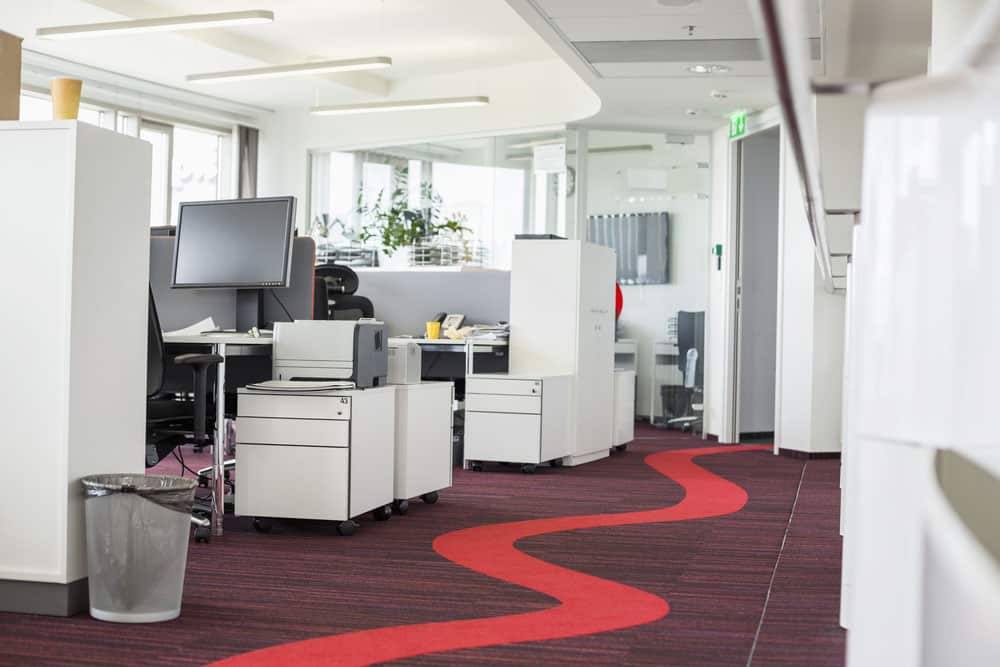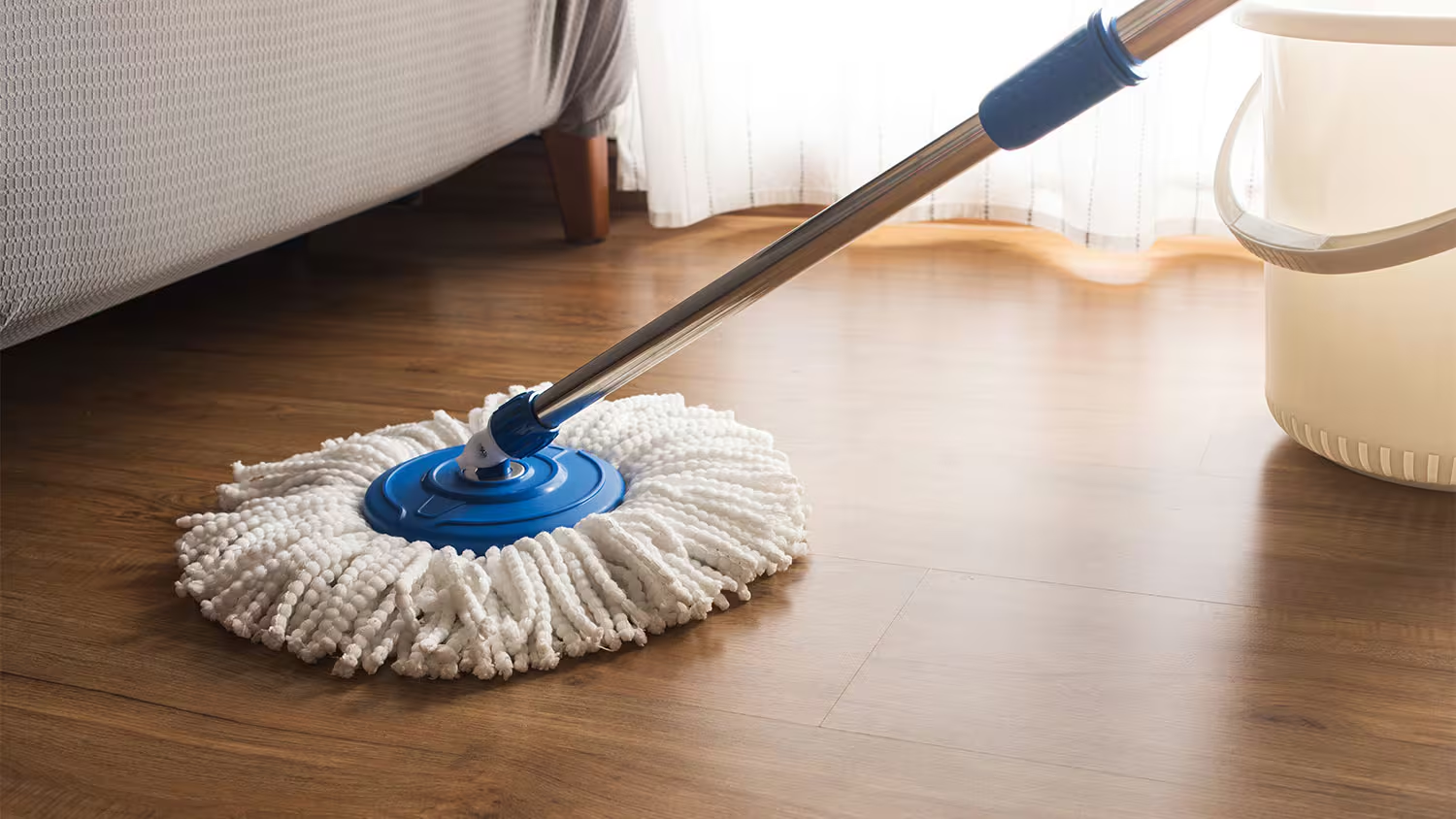Choosing the right flooring for your space involves more than just picking a design that complements your decor. For many individuals, the environmental impact of their choices is a critical factor. Vinyl flooring is a popular option for its durability and ease of maintenance. However, with growing environmental concerns, there is a stronger focus on assessing its broader ecological impact. In this blog, we’ll explore the environmental implications of vinyl flooring in detail.
Reduced Carbon Footprint From Production
The environmental impact of vinyl flooring has been a topic of concern for some time, largely due to its reliance on petrochemicals. However, the industry has made significant progress in addressing these concerns by implementing more sustainable production methods. Modern manufacturers are now prioritising energy-efficient processes, such as optimising manufacturing workflows to reduce waste. These changes have significantly decreased the carbon emissions associated with vinyl flooring production.
In addition to energy efficiency, there has been a concerted effort to source raw materials more responsibly. Furthermore, the integration of recycled content into new vinyl flooring products is becoming more common. By incorporating post-consumer and post-industrial waste, manufacturers can reduce the demand for raw materials and contribute to a circular economy. This approach keeps materials in circulation longer, reducing the overall environmental impact and making vinyl flooring a more sustainable choice for eco-conscious consumers.
Durability & Longevity
One of the standout features of vinyl flooring is its exceptional durability, which directly contributes to its environmental benefits. Unlike other flooring options that may need frequent replacement due to wear and tear, high-quality vinyl flooring can maintain its appearance and functionality for decades with minimal maintenance. This longevity means that fewer resources are required over the long term, as there is less need for new materials, transportation and installation services. The environmental savings in terms of energy, raw materials and waste generation are substantial, making vinyl flooring an eco-friendly choice.
Moreover, the robust nature of vinyl flooring plays a crucial role in waste reduction. Floors that need to be replaced less frequently generate less waste and the durability of vinyl helps prevent this scenario. By investing in durable vinyl flooring from a reputable installer, you can ensure your floors look great and perform well for years to come.
Recycling Capabilities
The evolution of vinyl flooring’s recyclability marks a significant shift in the industry’s approach to sustainability. Historically, the disposal of vinyl flooring posed a considerable environmental challenge due to its composition, which made recycling difficult and costly. As a result, much of the used vinyl flooring ended up in landfills, contributing to waste and environmental degradation. However, advancements in material science and recycling technologies have dramatically changed this. Today, vinyl flooring is manufactured with a focus on its end-of-life recyclability, making it an eco-friendly option.
Modern vinyl flooring products are often designed to be part of a closed-loop recycling system. It means old or worn-out flooring can be collected, processed and transformed into new flooring or other valuable materials. This process typically involves breaking down the old vinyl into its base components, which can then be purified and reused in the production of new flooring. Diverting vinyl flooring from landfills reduces the potential for harmful chemicals to leach into the soil and groundwater.
Water Resistance & Reduced Chemical Use
Vinyl flooring’s inherent water resistance offers significant environmental advantages, particularly in reducing the reliance on harsh chemical cleaners. Many traditional flooring materials require frequent maintenance with potent chemicals to prevent water damage, which can have harmful effects on indoor air quality and the environment. In contrast, vinyl flooring can be easily cleaned and maintained with mild solutions.
The water resistance of vinyl flooring also plays a critical role in its longevity. In areas prone to moisture, such as kitchens, bathrooms and basements, vinyl flooring’s ability to resist water damage means that it does not need to be replaced as often as other types of flooring.
Discover The Benefits Of Vinyl Floors In Brisbane
Vinyl flooring offers a range of benefits, from its durability to its potential for recycling. With options that mimic the natural beauty of timber and stone, you can achieve the aesthetic you desire while contributing to a healthier planet. By choosing vinyl flooring, you’re not just investing in a high-quality product; you’re also making a choice that reflects your commitment to sustainability.
At Bennetts Carpets, we understand the importance of making environmentally conscious choices when it comes to flooring. We provide an extensive selection of vinyl flooring in Brisbane, including brands like Allied Flooring, Forbo, Karndean and Preference Floors. If you’re considering vinyl flooring for your home or building project, we encourage you to get in touch. Our team is here to guide you through the process, helping you select the most suitable options that meet your aesthetic preferences and environmental goals.






